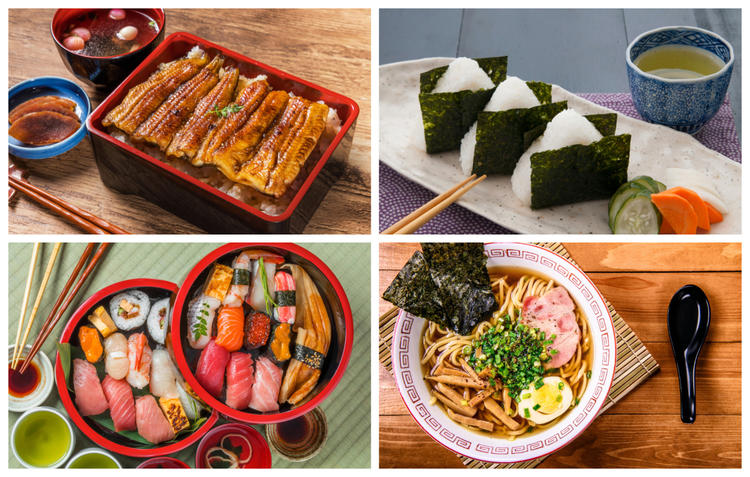Introduction to Japanese Breakfast
Japanese cuisine offers a wide range of culinary delights, from sushi to ramen. One of the most overlooked but essential meals is breakfast. A typical Japanese breakfast is not only delicious but also well-balanced and nutritious, consisting of a foundation of rice accompanied by a variety of sides. Japanese breakfast is a celebration of flavors and textures that will leave you satisfied until lunchtime.
Main Components of a Traditional Breakfast
A traditional Japanese breakfast typically consists of rice, miso soup, pickles, fish, eggs, and tofu, accompanied by tea or coffee. This meal is designed to provide balanced nutrition that energizes the body for the day ahead. Japanese breakfast is high in protein, fiber, and healthy fats and low in sugar and unhealthy fats.
Rice: The Foundation of Japanese Breakfast
Rice is a staple of Japanese cuisine and is the foundation of a traditional breakfast. Steamed white rice or sticky rice called mochi is served in small bowls and is considered the main dish of Japanese breakfast. Rice is rich in carbohydrates, providing energy to start the day, and is a good source of fiber, helping to regulate digestion.
Miso Soup and Pickles: Essential Sides
Miso soup is a flavorful broth made from fermented soybeans and is a staple of Japanese breakfast. It is rich in nutrients and provides probiotics that support a healthy gut. Pickles, or tsukemono, are often served alongside miso soup. They are made from vegetables, such as cucumbers or daikon radish, and are pickled in vinegar or salt. Pickles add a crunchy texture and are a good source of vitamins and minerals.
Fish, Eggs, and Tofu: Protein Options
Fish, eggs, and tofu are the main sources of protein in a Japanese breakfast. Grilled fish, such as salmon or mackerel, is a popular choice and is rich in omega-3 fatty acids, which are essential for heart health. Eggs are often served as tamagoyaki, a sweet and savory rolled omelet. Tofu is a versatile ingredient that can be served in various ways, such as in miso soup or stir-fried with vegetables. Tofu is high in protein and low in fat, making it an ideal choice for a healthy breakfast.
Beverages: Tea, Coffee, and More
Japanese breakfast is typically accompanied by a hot beverage, such as tea or coffee. Green tea, or matcha, is a popular choice and is rich in antioxidants that support overall health. Coffee is also widely consumed and is often served with milk. Other beverage options include fruit juice or soy milk.
In conclusion, a typical Japanese breakfast is a well-balanced and nutritious meal that provides energy and nutrients to start the day. With its variety of flavors and textures, Japanese breakfast is a true culinary delight that is worth experiencing.

